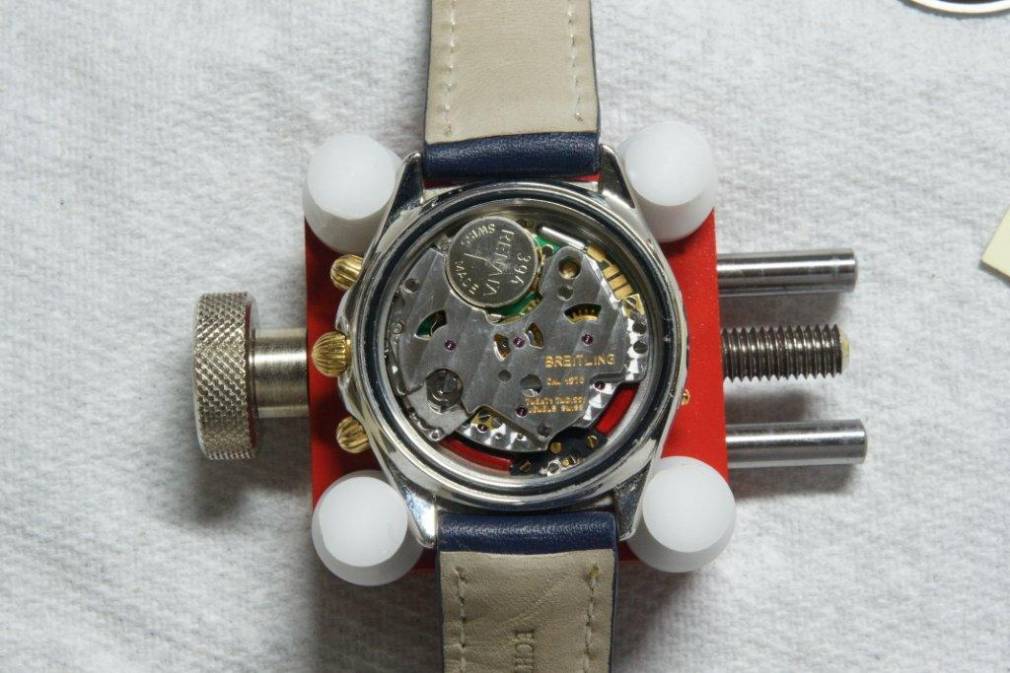Stewart H
·I'm (almost) ashamed to say that I have two quartz watches, both of which I bought new 🤦
The first one was a Breitling Windrider Chrono Jetstream from 1997 and the other a Tissot T-Race Nicky Hayden LE from 2010 that is my weekend knocking-about beater - so gets worn more frequently than any of my other watches. Other than the fact that I use the chrono to time my eggs for breakfast and occasionally playing around at motorbike races, they both spend most of their time sitting in a drawer ticking away.
This evening, I have replaced the battery in the 4 jewel Tissot G10 movement, but the Breitling is still (touch wood) going fine on it's second battery in 16 years (last replaced in 2006) and both watches use a Renata 394 battery.
It is not that I am particularly worried because a pack of 10 batteries cost me £7.00.
The Breitling uses a Piguet 1270 movement that is supposed to have a battery life of 4 to 5 years. Have I just been exceptionally lucky?
The first one was a Breitling Windrider Chrono Jetstream from 1997 and the other a Tissot T-Race Nicky Hayden LE from 2010 that is my weekend knocking-about beater - so gets worn more frequently than any of my other watches. Other than the fact that I use the chrono to time my eggs for breakfast and occasionally playing around at motorbike races, they both spend most of their time sitting in a drawer ticking away.
This evening, I have replaced the battery in the 4 jewel Tissot G10 movement, but the Breitling is still (touch wood) going fine on it's second battery in 16 years (last replaced in 2006) and both watches use a Renata 394 battery.
It is not that I am particularly worried because a pack of 10 batteries cost me £7.00.
The Breitling uses a Piguet 1270 movement that is supposed to have a battery life of 4 to 5 years. Have I just been exceptionally lucky?
